Currently, five PhD students are involved in ResiRiver. Curious what they are up to? Get to know them and their research topics a little better by reading their summaries!
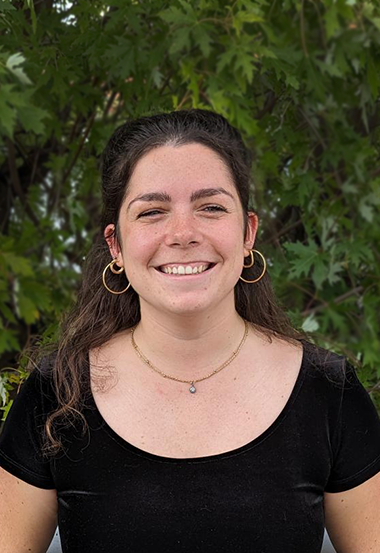
Elsa Picard
Analyzing stakeholder involvement process in Rhône ecological restoration projects.
Started in September 2023, Elsa’s PhD project studies how all the stakeholders affected by Nature-based Solutions (NbS) projects on the Rhône were and are involved. The emphasis lays on how methods evolve over time and across different territories. How is this studied? Several ongoing stakeholder mobilization projects are being monitored to understand the modalities of action, and workshops with project holders on the Rhône are being set up to initiate a collective perspective on the issues involved in mobilizing stakeholders in NbS projects. Elsa plans to finish this project in autumn 2026.
Pratik Chakraborty
Numerical modelling of flood-induced pollutant transport in riverine and riparian systems.
The PhD project of Pratik is focused on the numerical modelling of pollutant transport in riverine and riparian systems during flooding events. Pratik hopes to develop robust tools and approaches for modelling pollutant dynamics with a focus on fluvial flooding events. This way, the project will improve our understanding of how pollutants move and disperse in these interconnected environments. The insights of the project will contribute to developing sustainable management practices that enhance water quality and reinforce the natural resilience of these ecosystems. Pratik hopes to finish this project in 2027.
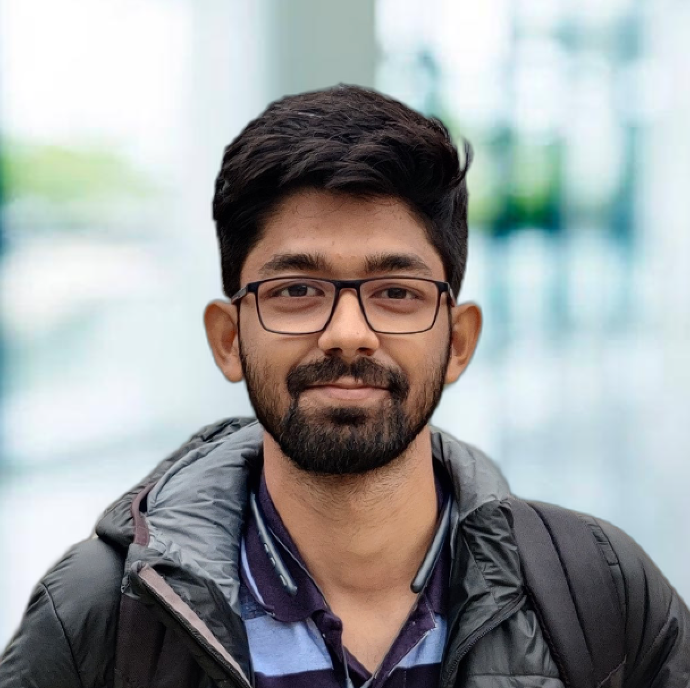
Damien Sansen
Modelling and evaluation of Nature-based Solutions (NbS) for reducing fluvial flood risk.
Damien started his PhD project in 2023. His project aims to apply hydrodynamic models to evaluate the effectiveness of Nature-based Solutions (NbS) in terms of fluvial flood risk reduction and side benefits. How is this studied? In the project, numeral models are studies which emphasize topics such as optimization, scaling, evaluation of uncertainty of NbS. In addition to exploring the challenges associated with these topics, the case study of the Vesdre Valley in Belgium will be examined. Damien expects to finish this project in 2027.
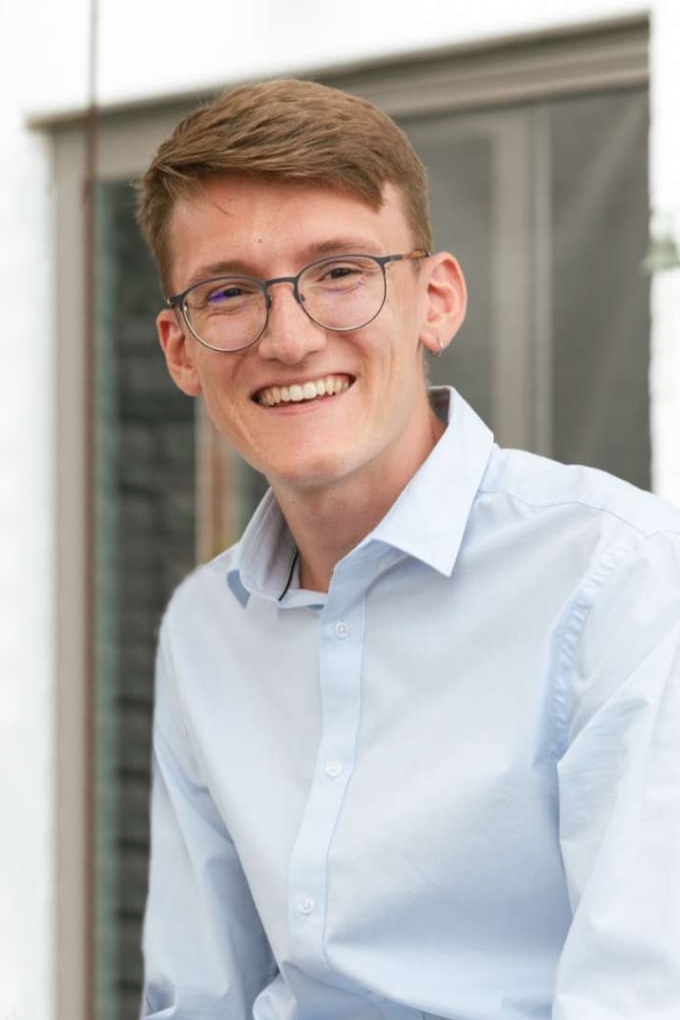
Kofi Agyei
Quantifying the potential socio-economic impacts of Nature-based Solutions (NbS) on the Group Water Scheme (GWS) sector in Ireland.
Started in April 2024, Kofi’s project examines the socioeconomic and environmental value of nature-based solutions (NbS) and other environmental interventions. The project is focused on the potential benefits to the communities within the group water scheme (GWS) sector in Ireland. Aiming to quantify the multiple ecosystem services within the GWS catchment, in this project a strategy will be designed to ultimately place a value on ‘tangible’ and ‘intangible’ aspects. The desired results of the research are to provide a thorough understanding and holistic view of the opportunities and challenges of NbS and to establish a rationale for inter-sectoral decision-making in complex catchment management planning. Kofi hopes to finish this project in 2028.
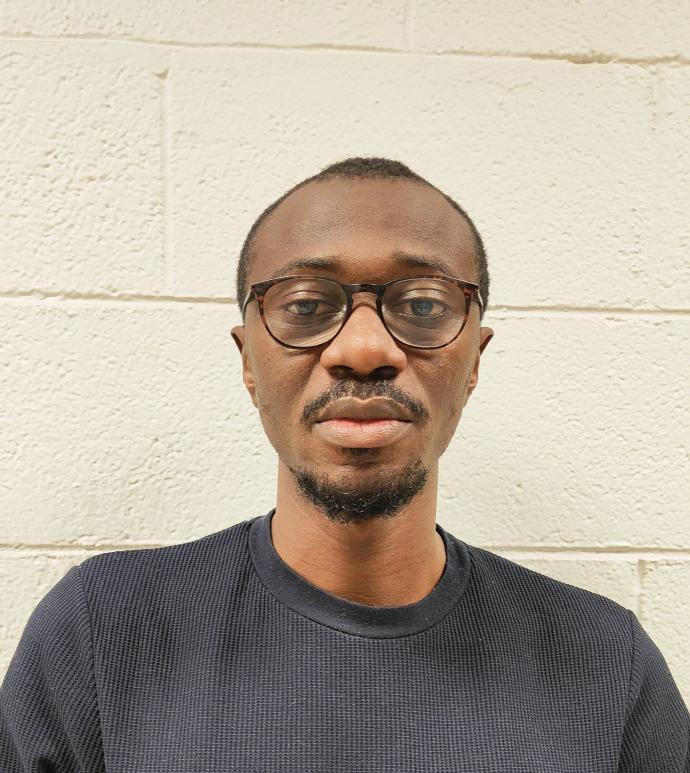
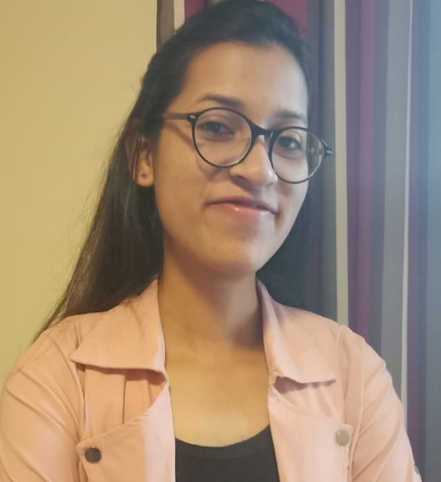
Mahak Sharma
A comparative examination of stakeholder engagement in the co-design of Nature-based Solutions (NbS) within the Irish Group Water Scheme (GWS) sector.
Mahak started her PhD project in June 2024. This project examines the experience of the GWS sector in Ireland, a community-run organisation which provides potable drinking water to its local members. The project analyses how stakeholder engagement works within the GWS sector and explores potential barriers to and leverage points for implementation of NbS and other environmental interventions implemented by the GWS sector in Ireland. Mahak expects to finish this project by June 2028.